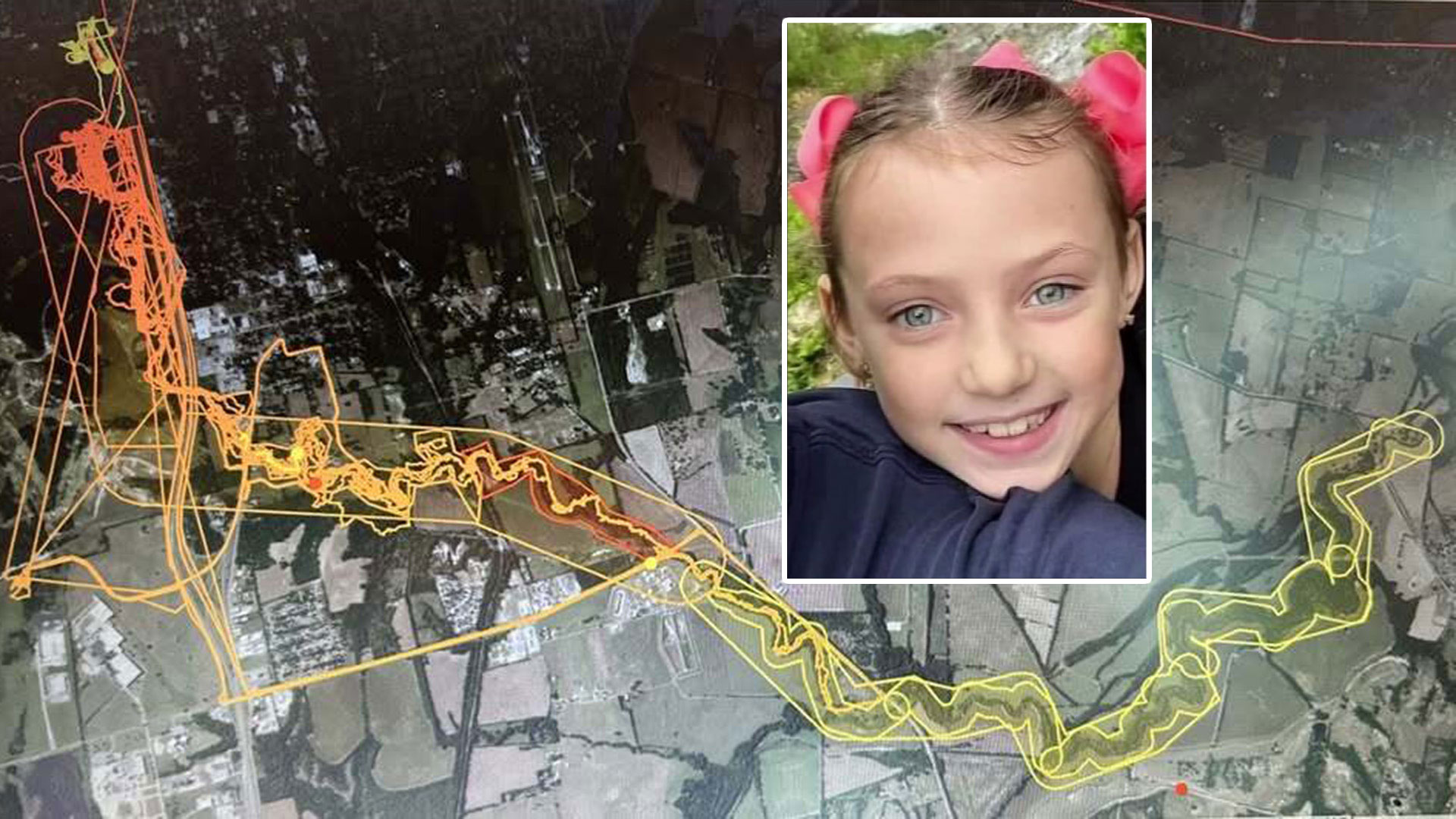Growing movement to hire more people who are on the autism spectrum or have neurodivergent conditions.
There is a growing movement to recruit and hire more employees who are considered neurodivergent.
Neurodivergence includes those who are on the autism spectrum or who have other neurodivergent conditions like dyslexia or ADHD.
Data shows about 20% of the workforce is neurodiverse, but the unemployment rate of that workgroup is around 40%.
That's why a new Dallas company called MeSpace is launching an effort to meet the need for more neuro-inclusive workplaces. The official launch is taking place on Wednesday afternoon.
Get top local stories in DFW delivered to you every morning. >Sign up for NBC DFW's News Headlines newsletter.
“We’re on a journey to unlock the potential of neurodiverse individuals and boost productivity and innovation for the entire workforce,” said Travis Hollman, founder and CEO of MeSpace.
Hollman also runs Hollman, Inc., a locker design company that has manufactured millions of lockers for high-profile organizations, including the NFL, NBA, MLB, and NHL. The Dallas Mavericks and Texas Rangers are among their clientele.
He said this new venture with neurodiverse workspaces, which are manufactured in Dallas, could be the difference between certain employees succeeding or not.
Local
The latest news from around North Texas.
“Studies show a strong increase in the diagnosis for younger generations, with over 50% of Gen Z identifying as neurodiverse and an even greater percentage of Gen Alpha. This next generation of neurodiverse workers are innovative thinkers who excel at complex problem-solving – these are the exact skills demanded by companies as AI increasingly replaces many repetitive office tasks,” said Hollman, who is neurodiverse as a person with dyslexia and is also the father of a neurodiverse son.
The workspaces are designed to meet unique sensory needs, from sound and visual privacy to specialized lighting and varied textured surfaces. Through customization, users can create their ideal work environment.

HOK, a design, architecture, and engineering firm, produced a 2019 report on how organizations can rethink their spaces to be more inclusive and help an increasingly neurodiverse workforce thrive.
Kay Sargent, a workplace design leader for HOK and neuroinclusive consultant, said that these types of workplace solutions could benefit not only those with extreme sensory challenges but also the average person.
“Today, employees are largely forced to adjust to sterile, standardized workplace environments,” she said. “We are all impacted by noise, clutter, smells. Companies around the world have been looking for a solution that not only supports neuroinclusivity, but fuels performance for everyone.”
To learn more, click here.



